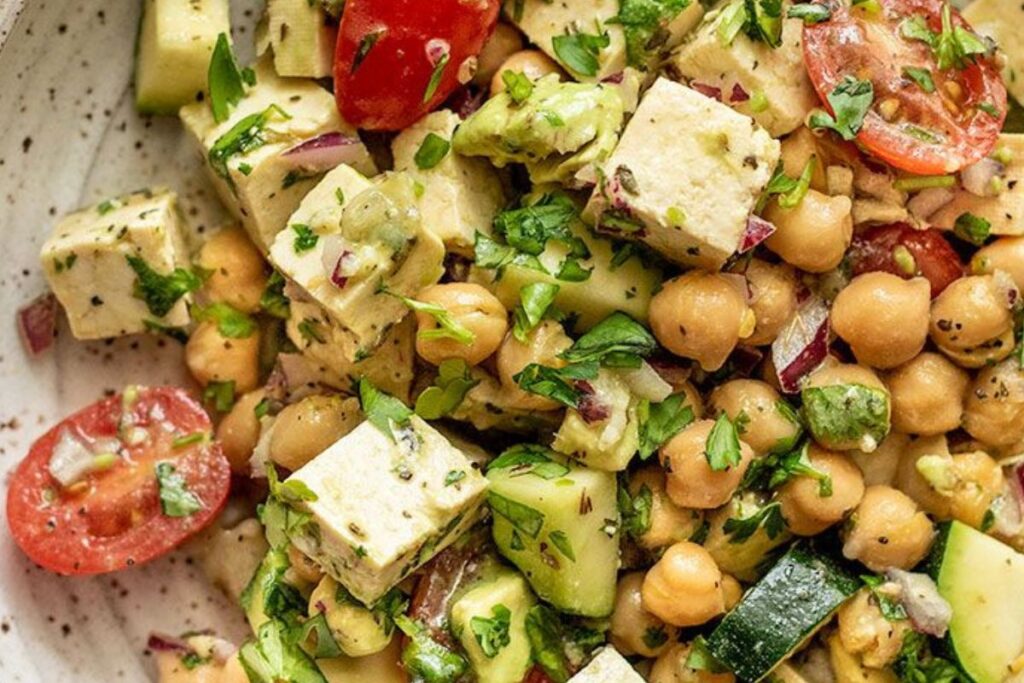
Whether you’re a gym goer looking to gain muscle, a busy professional trying to stay fit or simply someone who wants to eat healthy protein,this guide will guide you through some of the best high protein vegetarian foods in India and how to include them in your everyday diet.
Table of Contents
Why Protein Matters Especially for Vegetarians ?
Protein is the building block of our muscles, skin, hair, and even hormones. It’s crucial for:
- Muscle repair and growth
- Healthy metabolism
- Strong immunity
- Long-lasting energy
For vegetarians, the challenge is that many plant-based proteins are “incomplete” meaning they lack one or more essential amino acids. But by eating a variety of plant foods, you can easily get complete proteins without meat.
Top High Protein Vegetarian Foods in India
1. Lentils (Dal)
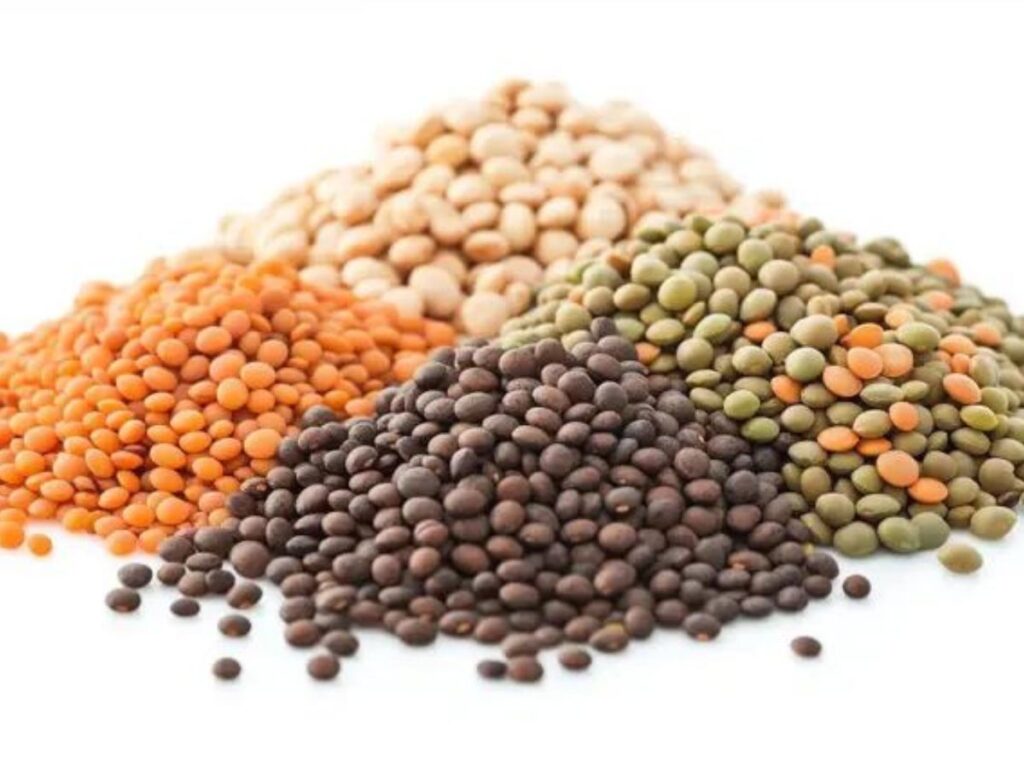
| Dal Type | Protein (g) per 100g (raw) |
| Urad dal | ~25g |
| Moong dal | ~24g |
| Masoor dal | ~23g |
| Chana dal | ~21g |
| Toor dal (Arhar) | ~22g |
When it comes to protein-packed dals, urad dal (black gram) tops the list. With around 25g of protein per 100g (raw), it’s a favourite for anyone trying to build muscle or maintain a balanced vegetarian diet.
But protein isn’t the only gift urad dal offers. Like most lentils, it comes with a whole package of nutrients:
- Iron
- Magnesium
- Potassium
- Folate & B Vitamins
- Fiber
- Calcium & Phosphorus
How Much Dal Should You Eat Per Day?
On average, an adult needs about 0.8–1.0g of protein per kilogram of body weight. For someone weighing 60 kg, that’s roughly 48–60g of protein a day.
Since one medium bowl of cooked dal (~200g) contains about 14–15g of protein (varies by type), you would need:2 bowls of dal per day to meet around half your protein needs
If you’re someone who works out regularly .Fitness experts generally recommend 1.2–2.0g of protein per kilogram of body weight for active individuals.
Dal vs Eggs – Protein Comparison
- 1 large egg (50g) =6g protein
- 1 medium bowl of cooked dal (~200g) =14–15g protein (varies by type; urad dal is on the higher end)
So, in simple terms:
- 1 bowl of dal ≈ 2.5 eggs in protein content
- To match 1 egg’s protein, you’d need roughly 80g of cooked dal (less than half a bowl)
2.Chickpeas

| Chickpea Type | Common Name | Protein (per 100g cooked) |
| Desi Chickpeas | Kala Chana | ~19g |
| Kabuli Chickpeas | Safed Chana | ~19g |
| Green Chickpeas | Hara Chana | ~9g |
| Bengal Gram | Chana Dal | ~9g |
Chickpeas contain good amount of protein and is very ideal for vegetarians and for gym goers ,sattu which is made from chickpeas are a must drink thing .
Sattu is traditionally made from roasted Bengal gram (chana dal).If you’ve grown up in Bihar, Jharkhand, or eastern UP, you probably know sattu as the summer drink your parents gives you to drink. But here’s the fun twist that same drink is also a natural protein shake for gym goers and fitness enthusiasts.
Sattu is simply roasted Bengal gram (chana dal) ground into a fine flour , because Bengal gram is rich in protein (~20g per 100g raw), sattu ends up being a compact, easily digestible protein source.
How Much Should You Take?
- Casual fitness: 2–3 tbsp a day (6–10g protein)
- Heavy workouts / muscle gain: 4–6 tbsp a day (12–18g protein), split between morning and post-workout
- Combine with other protein sources (dal, paneer, tofu) for a balanced diet.
3.Paneer (Cottage Cheese)
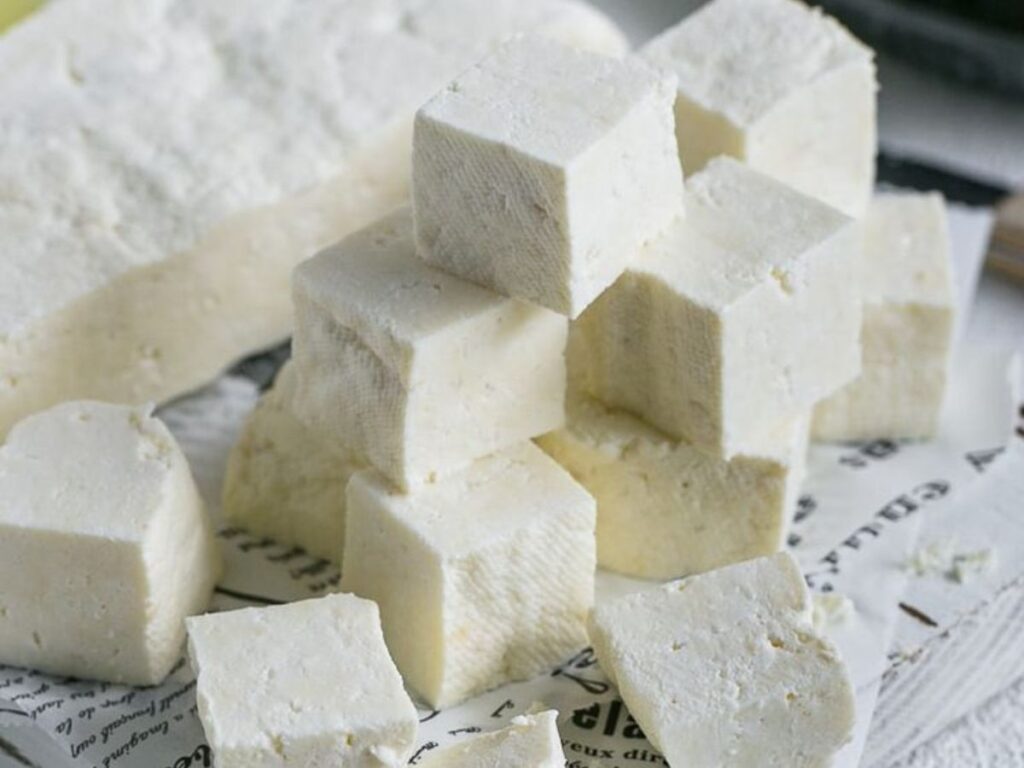
If dal is the heart of a vegetarian diet, paneer is the muscle. Made by curdling milk with lemon juice or vinegar, paneer is one of the richest vegetarian protein sources in India and it’s delicious enough to fit into almost any dish.Vegetarian can substitute eggs with paneer and it is one of the rich source of protein .
Paneer contains roughly 18 grams of protein per 100 grams.
If you break it down:
• 50g paneer ~9g protein
• 100g paneer ~18g protein
• 200g paneer ~36g protein
100g paneer ≈ 3 large eggs in protein content.
4.Soybean & Tofu
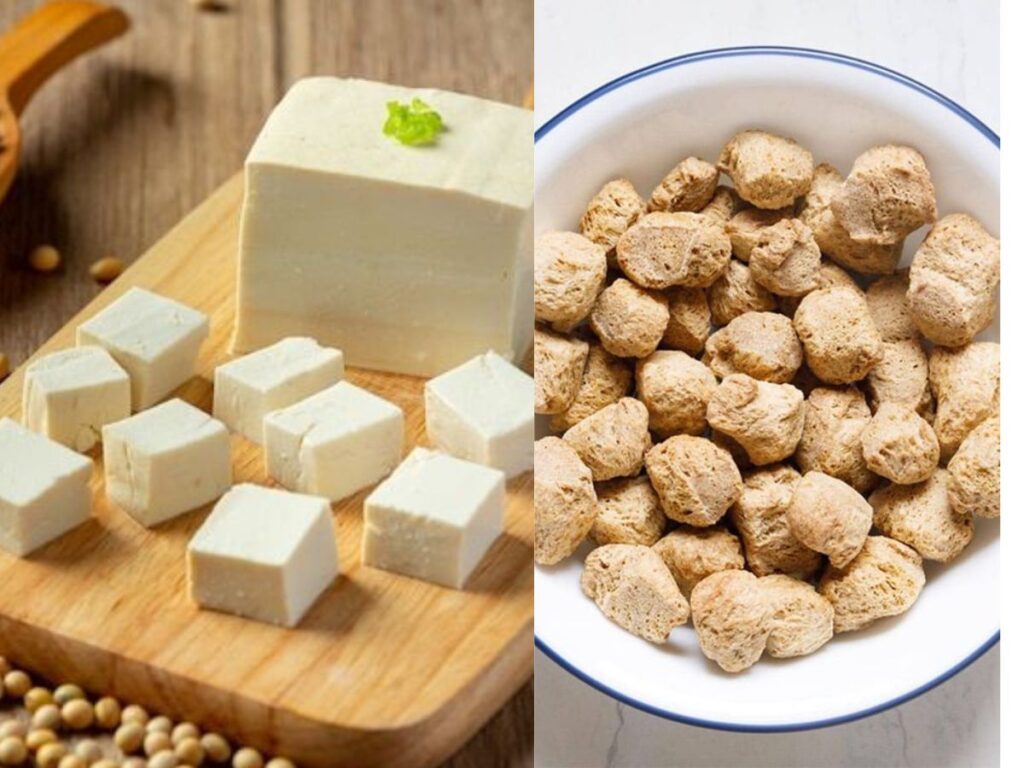
| Food Item | Protein (per 100g) |
| Soybeans (raw) | ~36g |
| Soya Chunks (dry) | ~52g |
| Tofu (firm) | ~8g |
If you’re serious about hitting your protein goals on a vegetarian diet, soybeans and tofu are your best friends. Both are complete proteins, meaning they contain all nine essential amino acids something most plant sources don’t have.These becomes must go to meal for vegetarians if they want a good amount of healthy protein source.
A 100g serving of soy chunks gives more than 50g of protein perfect for muscle building on a vegetarian diet. Tofu, while lower in protein per gram, is easier to digest and can be eaten daily.
5.Peanuts & Peanut Butter
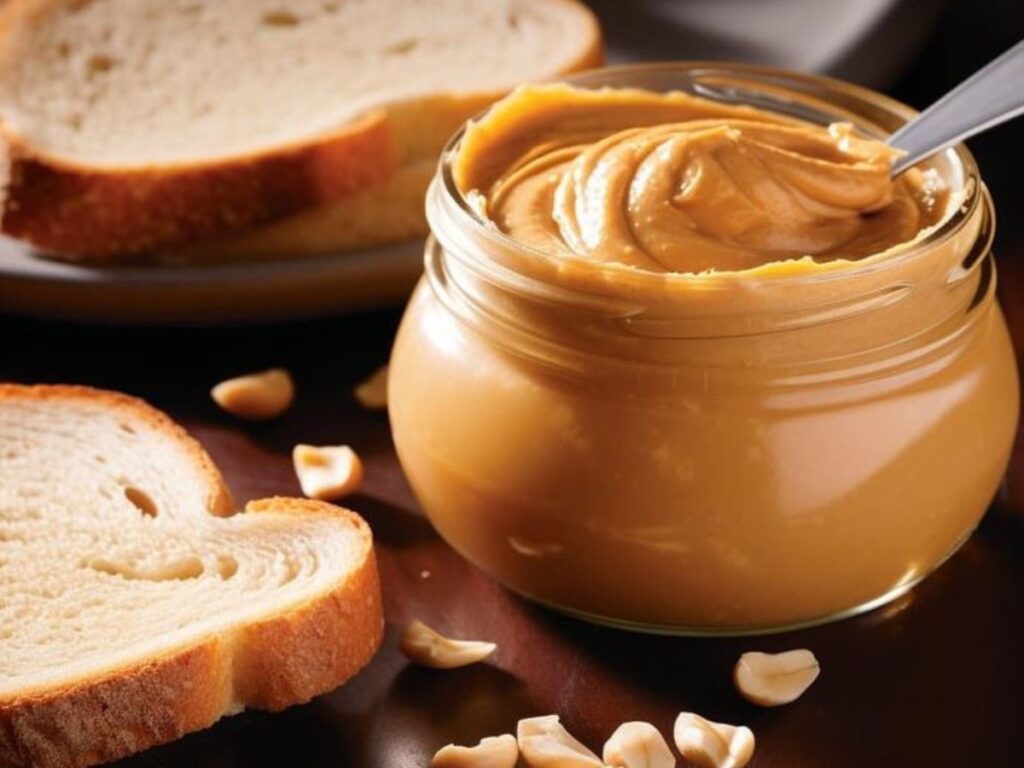
Peanuts are one of the most affordable and accessible sources of plant-based protein in India. Whether eaten roasted, boiled, or as peanut butter, they’re a tasty way to boost your protein intake without spending much money.
Protein Content
- Peanuts (raw): ~25g protein per 100g
- Peanut butter: ~25g protein per 100g (2 tablespoons ≈ 7–8g protein)
Why Peanuts are Great for Fitness?
- High Protein + Healthy Fats: Supports muscle repair and keeps you full for hours
- Rich in Vitamins & Minerals: Magnesium for muscle function, vitamin E for skin health, and potassium for heart health
- Energy Dense: Ideal for people who need extra calories for muscle gain.
Also read:What Does Sugar Do to Your Body? The Shocking Truth No One Tells You
Hi, I’m Swaraj Das a registered pharmacist by profession and a passionate blogger at heart. I love writing about wellness, spirituality, uplifting lifestyle tips, practical life lessons, and inspiring stories. Through my words, I aim to bring clarity, motivation, and well being to everyday life.


